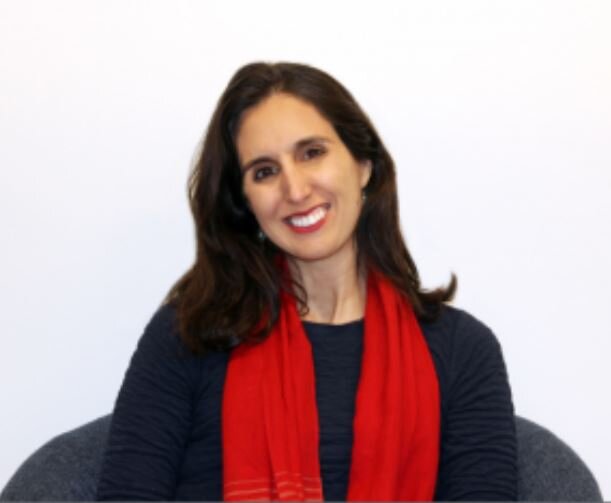By Alise Marshall, Director of Strategy and New Ventures, Public Welfare Foundation
Alise Marshall, Public Welfare Foundation
The best ideas bubble up from communities. It’s a philosophy that Public Welfare Foundation feels so strongly about that we recently shifted our grantmaking strategy to get closer to the communities where transformative approaches to justice are happening. This on-the-ground approach allows us to partner with proximate, community-rooted organizations that are working on promising solutions to systemic problems.
We began this work in our hometown of Washington, DC. The District has many governance and structural traits that make it unique nationally, but it is these same traits that make it particularly challenging when it comes to the administration of justice. Yet the city is ripe for reform, offering leaders and policymakers with a willingness to test new solutions and practices. Some of our early insights were captured in this analysis we published last year on DC's justice systems.
As we met with, and learned from, DC’s community leaders, it became clear that community-rooted work at the intersection of race, criminal justice, and violence required greater investment. Part of our grantmaking strategy was the creation of the DC Fund for Just & Peaceful Neighborhoods with the Greater Washington Community Foundation.
Launched in the Summer of 2019, the Fund provides targeted, immediate support to neighborhood-based groups responding to the interconnected challenges of violence and incarceration. The DC Fund for Just and Peaceful Neighborhoods is fueled by the urgency to shift how our community and its systems respond to justice-involved youth and young adults, principally young people of color who bear the brunt of the nation’s gun violence and incarceration crisis.
DC has long been a city divided, but that divide has grown more pronounced over the past two decades. DC is one of the heaviest policed cities in the country, with police interactions disproportionately taking place “East of the River” in Wards 7 and 8; racial disparities permeate every point of the system; and there is a growing need to address the intersection of violence and incarceration among DC’s young adult population.
There have been over 100 homicides in DC so far this year, an 18 percent increase from this same time in 2019. To change course and transform lives, we must reimagine what is possible for youth and young adults who experience violence or come in contact with the criminal justice system by investing in community-centered models of support that reflect the needs of young people; and building capacity among proximate organizations in the most affected neighborhoods.
The DC Fund provides supports for select frontline organizations working to respond to violence through:
Violence prevention, intervention, and building community cohesion
Development and implementation of alternatives to incarceration and restorative justice practices
Building voice and power across the justice-impacted youth and young adult community
Concentrated efforts to repair the harm perpetuated by cycles of violence and incarceration in impacted communities
In January 2020, the DC Fund made awards to eight nonprofit organizations which are working to engage and mobilize individuals who have been impacted by violence and the criminal justice system through programs including job training and reentry supports, access to trauma informed services, policy education sessions, and the creation of safe spaces for youth and young adults.
The DC Fund for Just and Peaceful Neighborhoods is directing support to organizations working to interrupt violence in some of the most impacted parts of the city. Groups like the National Association for the Advancement of Returning Citizens and The TraRon Center – two DC Fund recipients founded by native DC residents who have answered the call of service in their communities and are helping those affected by gun violence address harm through the principles of conflict management, healing, and restorative justice.
Public Welfare Foundation is committed to advancing more transformative approaches to justice that are community-led, restorative, and racially just. And above all else, we believe in going where the need is greatest and where investment in bold responses to fractures in the local justice and safety context are lacking. We know, and research demonstrates, that true healing and restoration of those most impacted by incarceration and violence must take place in community-based settings-not in the punitive, restrictive settings that continue to define the American justice and public safety systems.



















